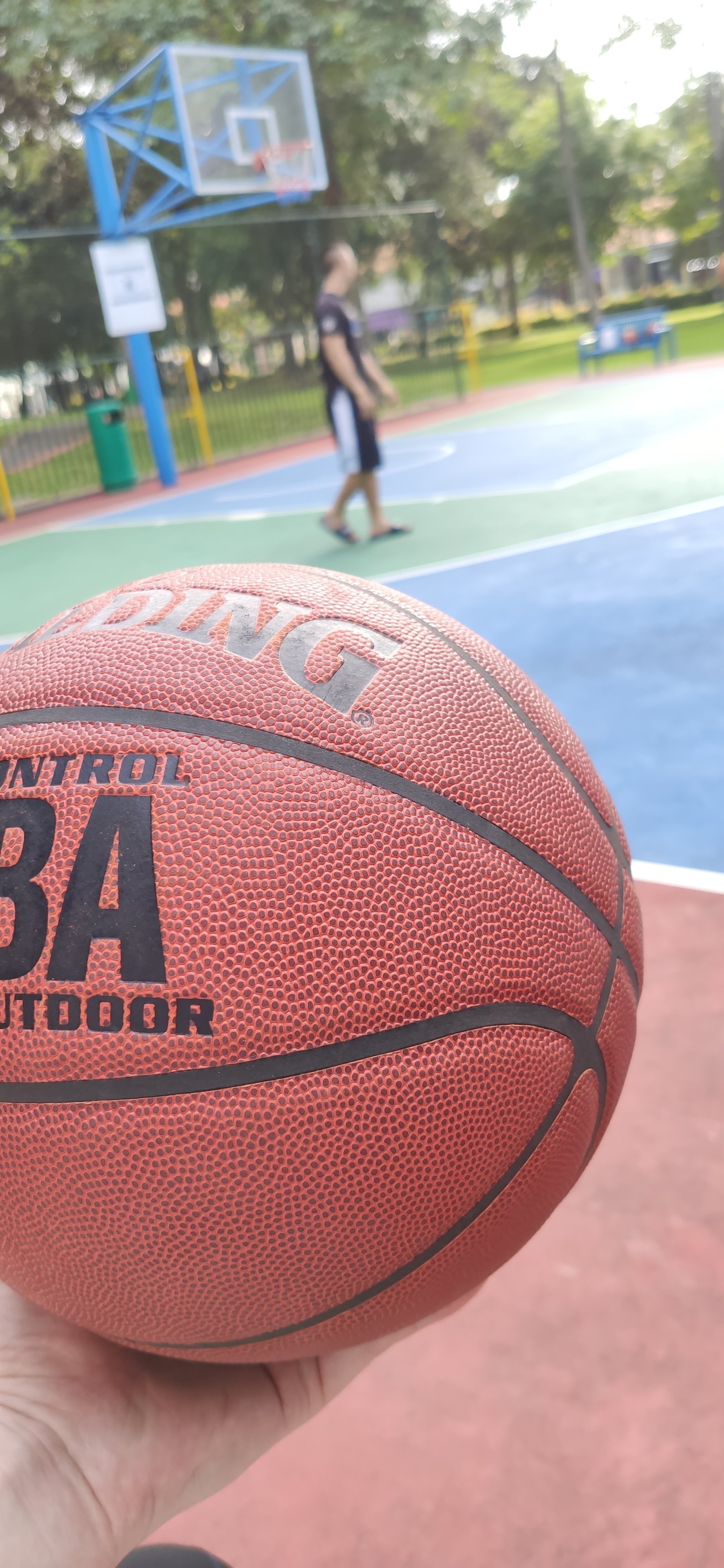
AkiraBlack
No personal profile
13Follow
0Followers
0Topic
0Badge
Nice update
The Pandemic May Have Changed Vacations – And Travel Stocks Like Airbnb, Marriott, Winnebago – Forever
Good update
The Pandemic May Have Changed Vacations – And Travel Stocks Like Airbnb, Marriott, Winnebago – Forever
Nice
Silicon Valley self-driving startup Gatik works with Isuzu to build delivery trucks
Ok
Opinion: Financial crises get triggered about every 10 years — Archegos might be right on time
Go to Tiger App to see more news